Rata and recolonising education
Professor Elizabeth Rata Is Determined to Remove Ti Tiriti From the Education Act
Over the past months I’ve written a number of times about the pernicious influence of Professor Elizabeth Rata on the current government. Rata makes no bones about her belief in undoing what she calls ‘the decolonisation of education’ or as she also says to ‘recolonise education.’ Hard to see this as anything else except outright racism.
Much of the work in exposing Rata’s influence has been done by Bevan Holloway, who has been skilfully using OIA requests to pull back the covers over what is really happening in the government, especially Rata’s role.
His latest article reveals more of her influence.
As always I encourage you to read the article for yourself, but in the meantime I will highlight and comment on various sections.
“Elizabeth Rata has had a significant influence on the direction of education over the last 18 months. So, what she believes is important, especially given those changes have been driven and done by a small group of ideologically aligned people.”
Bevan refers to, of course, the New Zealand Initiative and behind that, the Atlas Network that is working hard to shape the policies of western countries, especially the USA, Canada, United Kingdom (given recent events over there, that’s a misnomer), Australia and New Zealand (you’ll note that these countries also comprise the ‘Five Eyes’ network).
These as you will notice are the English speaking countries that are the remnants of, and inheritors of, the British Empire, even if the USA stepped outside that in the late 18th century.
If you want to go down a rabbit hole, research Cecil Rhodes and his beliefs about ensuring the continual dominance of the Anglo-Saxons so they maintain what Rhodes believed is their rightful place as the true leaders of the world. It’s not hard to draw a connection between Rhodes in the early 20th century and the Atlas Network.
But I digress: back to Bevan’s article.
“We know of their connections to the NZ Institute, part of the Atlas Network. The question is, how has that impacted the work of that group? One place we can look is their actions as individual citizens, including how they interact with the democratic process in that capacity.”
Rata is using her influence with the government, especially Erica Stanford, and Christopher Luxon, to do everything she can to water down or even remove the Treaty of Waitangi. Her submission to the amendments to the Education and Training Act are very blatant.
“Some New Zealanders believe fervently that the Treaty must be honoured. Others do not – equally fervently. For some the Treaty is our nation’s founding document. Not so for others. It is a sacred covenant with a timeless spirit for some, but merely an historical document for others. Some believe it is the nation’s constitution. Others believe it is not. As with all beliefs, there is no proof either way, no right or wrong. You either believe or you don’t.
It follows, therefore, that when “belief is inserted into legislation however, the belief acquires the status of doctrine. It is then treated as if it were a true fact.”
As I understand it, as the Treaty is enshrined in New Zealand law (please correct me if I’m mistaken) it’s not a matter of believing in it or not, and it is a fact.
Bevan comments:
“To be clear, Rata believes that Te Tiriti has enabled a decolonising approach to education that, with its focus on cultural responsiveness, is nothing more than a doctrine.
It is worth remembering that Rata is someone who has been at the centre of Stanford education changes: on the curriculum MAG, leader of the English Years 7-13 writing group, on the Charter Schools Establishment Board. She has been an active presence in Stanford, Seymour, and even Luxon’s, inbox.”
Bevan includes copies of two emails from Rata, one to Erica Stanford and the other to the Prime Minister. Both emails are about her desire to have Sections 9 and 127 removed from the Education and Training Act – both sections are about the role of Ti Tiriti.
As Bevan concludes:
“The issue, as I see it, isn’t that Rata has these beliefs about Te Tiriti and its place in our education system. We are all entitled our opinions.
The actual issue is this. At the heart of our Government we find someone who considers Te Tiriti a belief system not a fact being granted continual access and influence. Who is granting that? And why?”
Those, Bevan, are two very good questions.

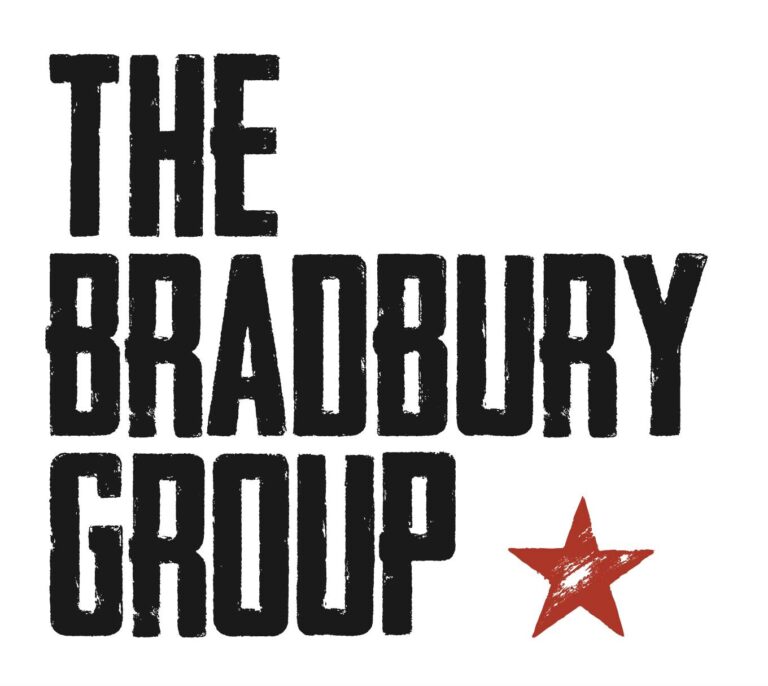

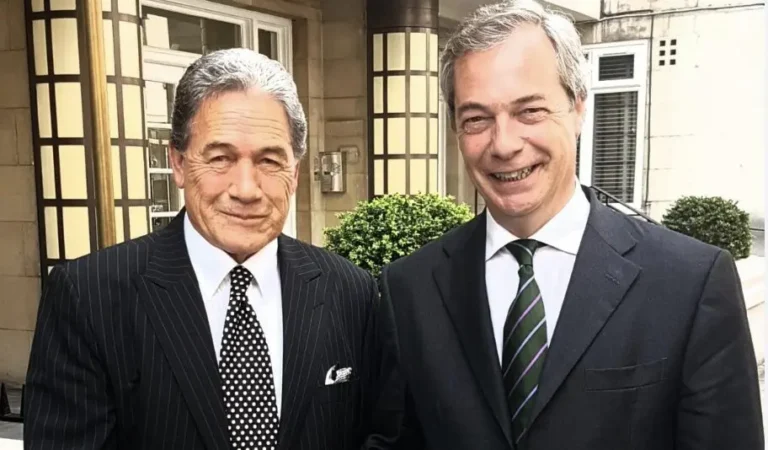
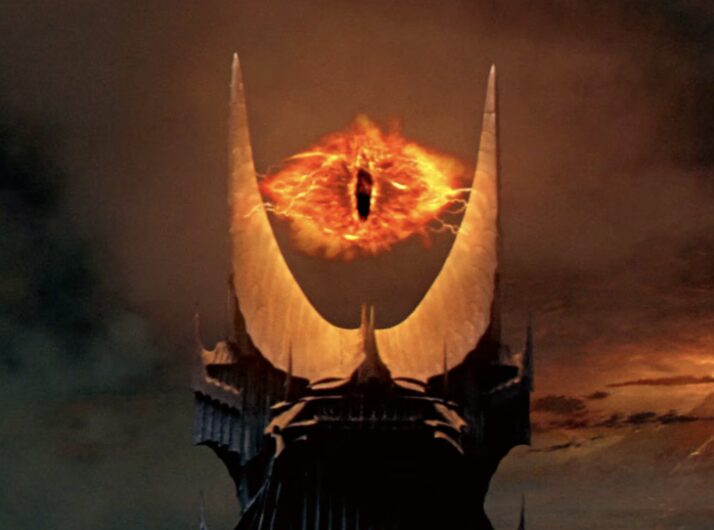
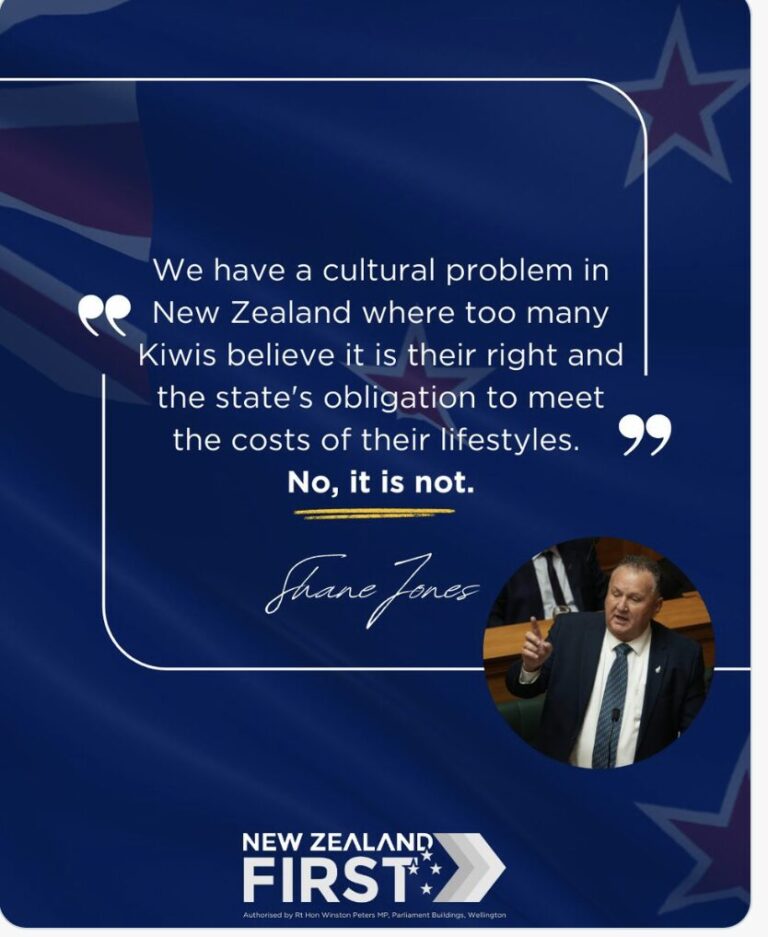
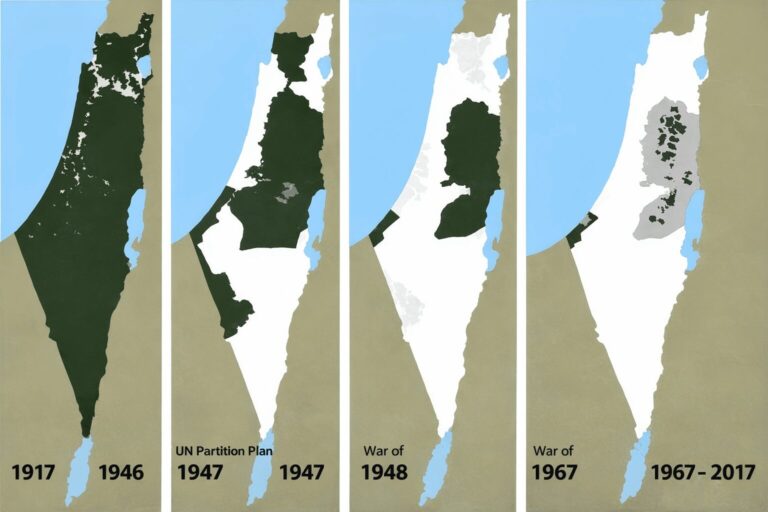
The Constitution (capital C) in the NZ context is perhaps misunderstood by many. In my understanding it’s not a single formal document with a definitive legal status but a collection of statutes, including the ToW. Not sure which version that is. Both?
That is right. There is no “single formal document”. No constitution with a capital “C”. More like a physical constitution comprising a set of organs which work in a recognised relationship to each other. The two key institutions or organs of the New Zealand constitution are the King and the Parliament. The King through the Governor-General heads up the military, the judiciary, and police. The Parliament makes law and recommends appointments as the King’s ministers, to which the King conventionally assents. So long as the King and Parliament can work together they will do so. If there was to be a falling out, the King would have the advantage that he controls the military. Parliament would have the advantage that it purports to represent the voice of the people. As far as the regime is concerned The Treaty of Waitangi is just something of which it needs to take account for political reasons. It does not consider itself to be bound by either version of the Treaty.
Ti Tiriti promises tino rangatiratanga over Maori domain, and equal citizenship rights. Everything else is extrapolation and interpretation. There is no promise of special treatment within new creations of government, such as education systems, even though it may be a good to make provision for.
I suggest you do a TOW course commentator you are way of track
Yes, well you have good and bad in all races and rata and seemore are both yuck, rata should go back to using her maiden name she is dirtying the rata name.
Elizabeth Rata wrote: “Some believe it (Te Tiriti) is the nation’s constitution. Others believe it is not”.
That is not a matter of belief. It is a question of fact and the fact is that Te Tiriti is not neither the constitution of the Realm of New Zealand nor an essential part of the said constitution. I can say that despite the fact that the constitution of the realm is not formally documented and there is widespread disagreement and misunderstanding over its provisions.
Allan wrote: “As I understand it, as the Treaty is enshrined in New Zealand law (please correct me if I’m mistaken) it’s not a matter of believing in it or not, and it is a fact”.
Your understanding is correct, Allan, although some might quibble over the word “enshrined”. The Treaty is currently referenced in New Zealand law, most notably the Treaty of Waitangi Act. That is a fact. However it cannot be said to have constitutional status. Constitutional provisions are those which come into focus and determine the actions of the agencies of state (including the government, legislature, military, police and judiciary) and the citizenry when society is subject to a fundamental political division. That is when questions like “King or parliament? Courts or legislature?” arise and find answers in the constitution.
To the questions of “Parliament or the Treaty?” or “Courts or the Treaty?” there can only be one answer, which is that under the present constitution Parliament has authority to make laws regarding the Treaty and the Courts have power to interpret laws regarding the Treaty, but the Treaty has no independent power or authority of its own.
There is of course a widespread belief that Te Tiriti should be an intrinsic part of the constitution of Aotearoa/New Zealand. Rata believes, as I do, that it should not be but we come to that conclusion from opposite points of view. She, because she wants to return to an unequivocally colonialist regime. I, because I want the nation to move forward to rangatiratanga, mana motuhake and Te Whakaminenga leaving no space for colonialism apart from the fact that the principles of rangatiratanga would allow diehard monarchists and colonialists to follow their foreign leaders as their own chosen rangatira while denying them the right to impose their own choices on others as they do under the colonialist system of government.
Elizabeth Rata misrepresents the Maori political system. Maori did not operate under her invented definition of tribalism – the Maori political system was governed by tikanga. Maori society was grouped in three units, whanau, hapu and iwi. The hapu was the main political body led by a central rangatira and several lesser rangatira. Rangatira governed without force and relied on consensus politics to ensure compliance with tikanga.
Remember Elizabeth Rata isn’t Maori why she keeps this pretense is baffling and cynical IMO.
Another colonist who should change her name to Smith or some other white wash name .She clings to using Rata so she can push her poison ,much like Seymour who uses his Whakapapa when inciting racist hate .
Elizabeth Rata argues that “Some New Zealanders believe fervently that the Treaty must be honoured. Others do not – equally fervently.” and therefore the Treaty should not be recognized in law.
Christopher Luxon has taken a similar line on the Gaza genocide. He claims that because there is a difference of opinion in society he has a license to do anything he (or more the point, Donald Trump) may want. It is a very strange argument which taken to its logical conclusion means that you only have to find a small group of homicidal maniacs in society (like the one in ten who fervently support the genocide in Gaza) and you are fully justified in following their lead.
Personally, I don’t see an ongoing need for the Treaty of Waitangi because when decolonization is complete and rangatiratanga is fully restored, te Tiriti will become a mere object of history.
However if the colonists themselves choose to formally abandon the solemn treaty which they have so thoroughly dishonored over the past 185 years, then it will be one more confirmation and final proof of their perfidy and of the impossibility of having an ongoing “partnership” or indeed any kind of constructive relationship with the colonialist regime.
That will not at all be a bad thing for us.